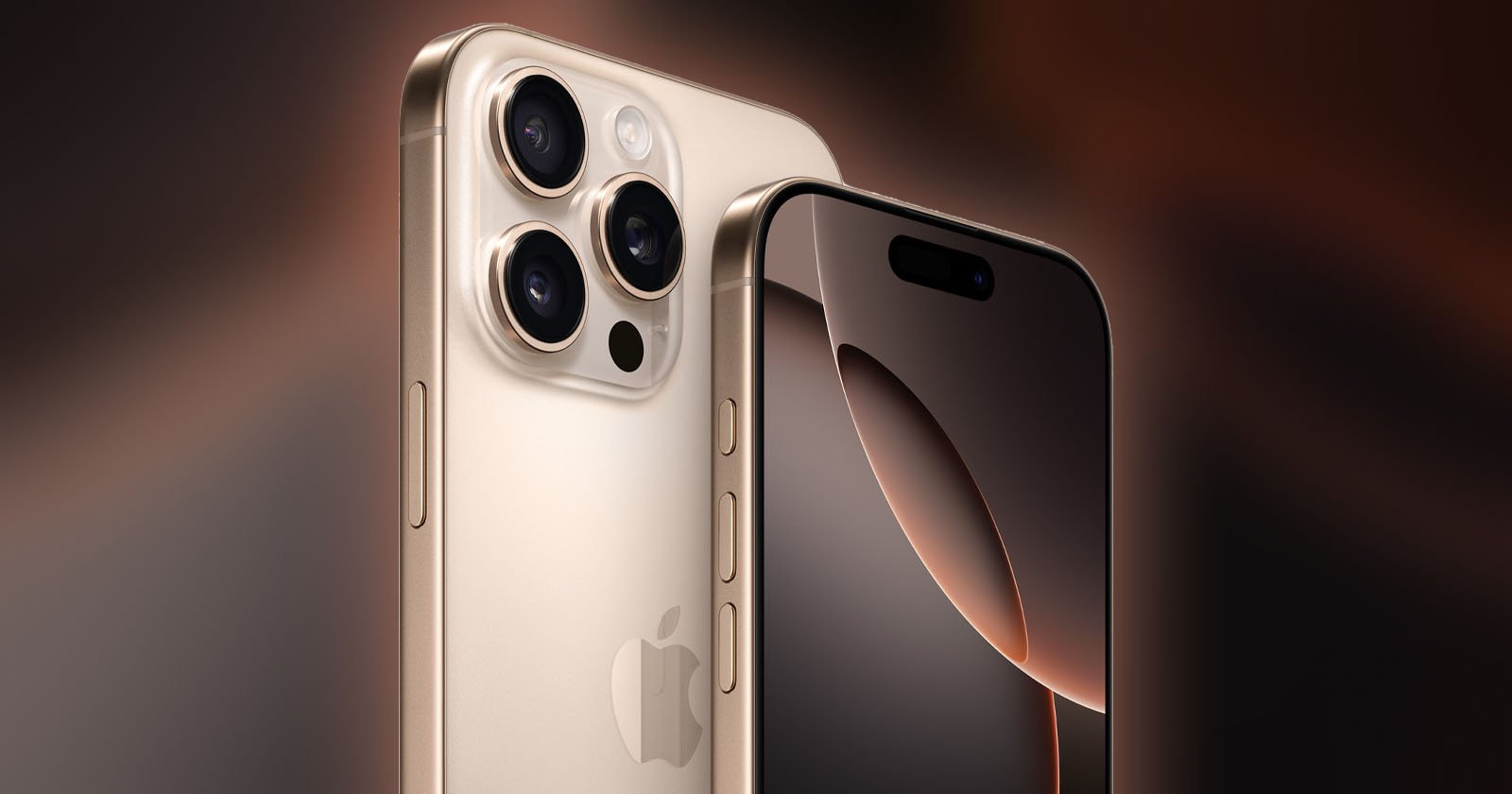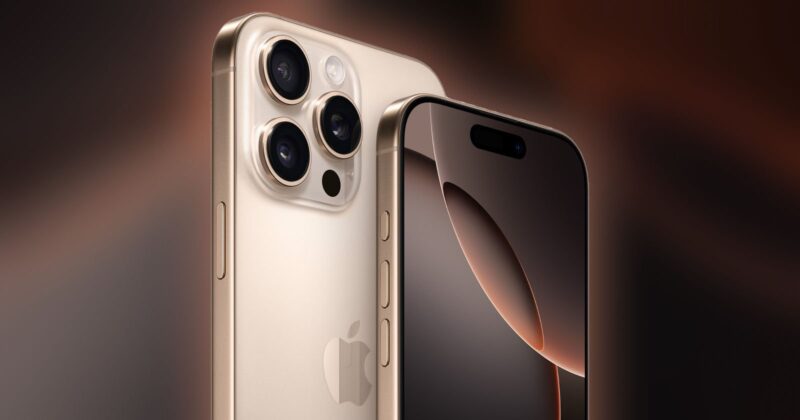
As part of Apple’s $600 billion investment in American manufacturing, Apple will work with smartphone rival Samsung at its Austin, Texas facility to create “innovative new technology for making chips.” These new chips are reportedly image sensors, a major move for Apple.
Although Apple’s press release offers little by way of concrete details concerning exactly what Apple will make with Samsung, Financial Times reports that it will be groundbreaking new image sensors for iPhone models. Apple says it has partners in the U.S. for every aspect of silicon design and production, and the U.S. silicon supply chain is on pace to make more than 19 billion chips for Apple by the end of this year. Apple also says it is the first and largest customer for TSMC’s major new fabrication facility in Arizona.
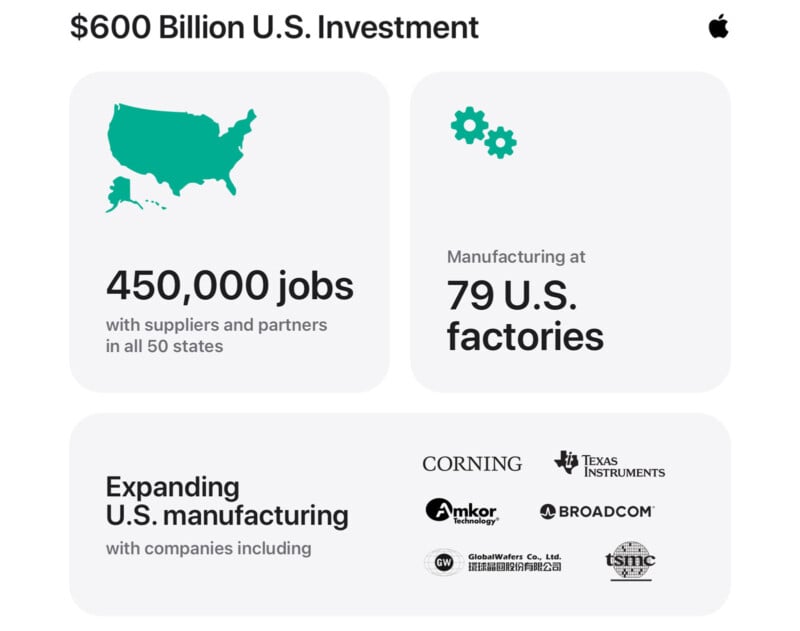
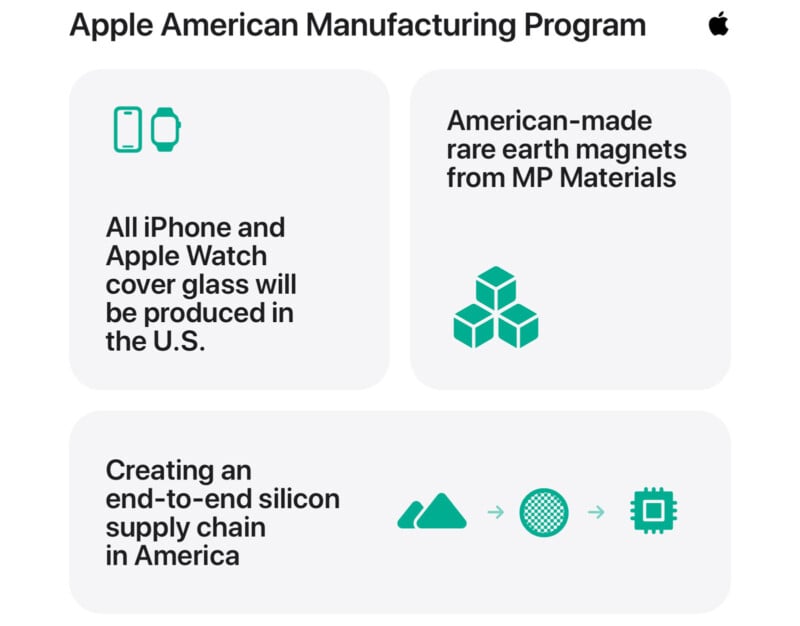
More exciting still, the image sensors in question are reportedly triple-layer stacked image sensors that promise improved photo and video performance. Perhaps Apple and Samsung can find a way to bring Apple’s patented 20-stop image sensor to fruition. Financial Times, citing a source close to the matter, reports that next year’s iPhone 18 family will be the first to sport Samsung sensors.
As Engadget adds, this will not mark the first time that Apple and Samsung have worked together on chips. Apple used Samsung chips for years before switching to TSMC in 2011. Samsung is becoming an increasingly attractive chip partner in the Trump tariff era, thanks to the U.S.’s relatively stronger economic relationship with South Korea versus either China or Taiwan. That said, given TSMC’s significant investment in the U.S., the Taiwanese chip giant is expected to skirt the most punishing tariffs.
Although Apple keeps its cards close to its vest, recent iPhone models have used Sony image sensors, often to great effect. A move to Samsung is big news, and it will be fascinating to see how that impacts photo and video performance. Samsung’s image sensors are widely used across the smartphone industry, and its own Galaxy S25 Ultra is a powerful performer when it comes to imaging performance.
“Apple engineers work closely with suppliers across the United States to create silicon chips that are on the leading edge of innovation,” says Sabih Khan, Apple’s chief operating officer. “We’re committed to supporting U.S. suppliers involved in every key stage of the chip-making process — from the earliest stages of research and development, to final fabrication and packaging. We want America to lead in this critical industry, and we’re expanding our efforts to grow a silicon manufacturing ecosystem that will benefit innovators across America.”
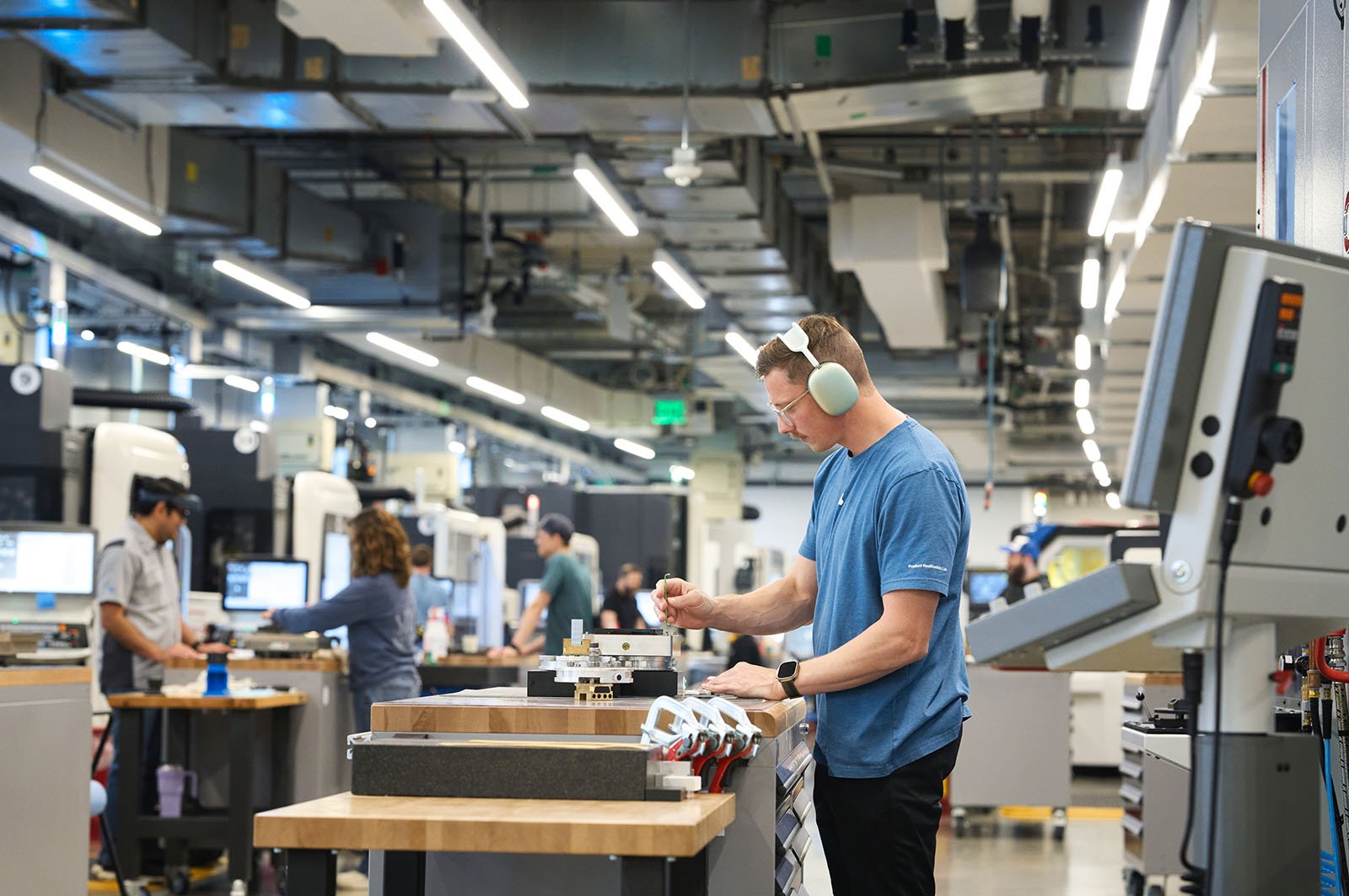
Losing Apple would be a significant blow to Sony’s mobile image sensor business. Sony is the dominant force in the broader image sensor market, supplying sensors to many manufacturers across all camera segments, including mobile and interchangeable lens cameras.
“We remain confident that we are advanced in providing sensor technology to our customers, and we will focus on continuing further technological advancement through larger sensor size and density,” Sony said in a statement to Financial Times following Apple’s announcement.
Image credits: Apple

